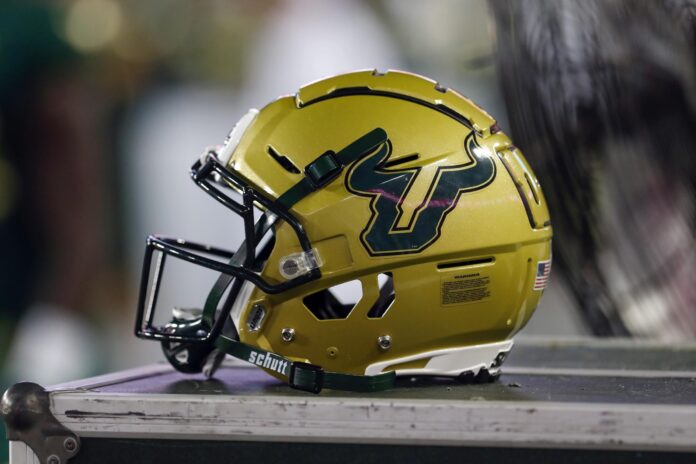For those who may not be current with conference realignment, the Pac-12 Conference has expressed interest in welcoming the University of South Florida as a new member by extending a formal proposal. Notably, at present, only Oregon State and Washington State remain in the conference following the departure of Arizona, Arizona State, Colorado, and Utah to the Big 12, and Oregon, UCLA, USC, and Washington’s move to the Big Ten.
The Pac 12 is seeking a resurgence by adding Boise State, Fresno State, San Diego State, and Colorado State from the Mountain West, with UNLV and Utah State also considering the move. As the conference casts its gaze eastward, USF, along with their AAC counterparts Memphis, Tulane, and UTSA have emerged as targets for this re-envisioned league.
Currently, South Florida, Memphis, Tulane, and UTSA have expressed contentment with their membership in the AAC. They have issued a joint statement affirming their commitment and clarified that they will not be leaving the conference to join the Pac-12- at least for now.
While we acknowledge receiving interest in our institutions from other conferences, we firmly believe that it is in our individual and collective best interests to uphold our commitment to each other,” the schools said. “Together, we will continue to modernize the conference, elevate the student-athlete experience, achieve championship-winning successes, and build the future.”
An individual familiar with the negotiations between the Pac-12 and AAC schools reported that the conference’s proposal featured a projected annual media-rights distribution of $12 million to $15 million for each institution. Additionally, the schools were given the option to join exclusively for football and basketball, which would reduce travel expenses for other sports programs journeying across one or two time zones.
All Pac-12 schools are located in the Mountain and Pacific time zones. The conference has been considering adding new members from the Central and Eastern time zones to enhance the value for television partners potentially. However, there’s a “chicken or egg” dilemma: securing a media deal without Eastern teams, including USF, or negotiating with potential media partners on the value added if AAC teams are brought on board.
Additionally, UNLV and Utah State are assessing whether departing from the Mountain West justifies the associated costs. The Pac-12, along with its four recent additions, is already committed to approximately $110 million in exit fees and penalties to the Mountain West, which could be a significant boon for the conference to distribute among its remaining and prospective member schools.
Pac-12 Commissioner Teresa Gould has refrained from specifying how the costs will be distributed among the incoming schools and the conference, which is poised to receive approximately $250 million in revenue that the league’s previous iteration was expected to receive this year and the next. Additionally, all teams in the AAC are required to pay a $10 million fee per team and provide a 27-month notice prior to departure.
Currently, USF is preparing to take on Tulane in New Orleans this Saturday, marking the start of their AAC schedule at 11 a.m. local time. Following a bye week, Memphis will visit Tampa, and after that matchup, the direction of the Bulls’ 2024 season will become clearer.
In the coming months, we’ll observe how the Pac-12 unfolds and whether the next phase in conference realignment arrives sooner than expected. The optimal outcome for USF will be managed by AD Michael Kelly, ensuring the appropriate measures are taken. Until then, let’s concentrate on the games against Tulane and Memphis.







